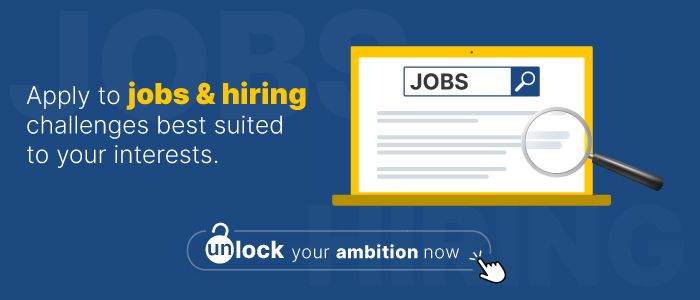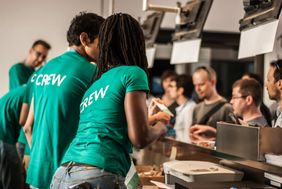Here are some questions you can consider:
- What does a typical day look like for someone in this role?
- How will my performance be evaluated during the initial period?
- What kind of training or learning opportunities does the company provide for freshers?
- Could you tell me more about the team I’ll be working with?
- How would you describe the company culture and work environment?
- Are there opportunities to switch between departments or explore different roles internally?
- How does the company support professional development and career growth?
- What are the next steps in the hiring process?
Grow Beyond Better 2026


















Comments
Add comment